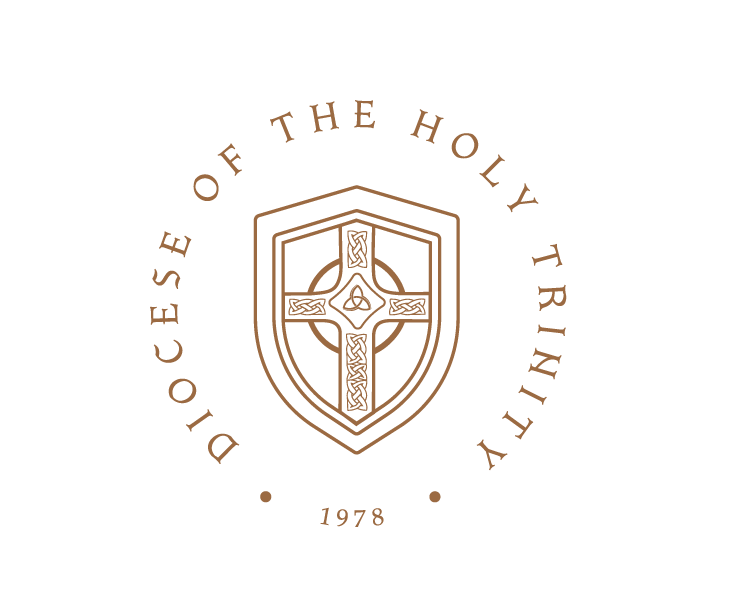Who Are We Fighting For?
We tend to think of the spiritual battle in individual terms. I fight the battle against the world, the flesh, and the devil to grow in my personal faith and be found worthy on the last day (cf. Matt. 25:23). However, there is a corresponding communal dimension to the battle that gives the spiritual battle its proper focus and full meaning. This communal dimension is highlighted by Ephesians 4:15-16, which says that the goal of the Christian life is to:
Grow up in all things into Him who is the head—Christ—from whom the whole body, joined and knit together by what every joint supplies, according to the effective working by which every part does its share, causes growth of the body for the edifying of itself in love.
The key words are “according to the effective working by which each part does its share.” This means that the Body of Christ grows in a healthy way when each member of the body is healthy and growing. A diseased heart or leg hurts the other parts of the body, and a strong heart and leg benefit the other parts. When each member of the Body of Christ perseveres in faithfulness and obedience and uses his or her spiritual gifts to serve others, the whole church benefits. When one member of the Body of Christ abandons both prayer and service to others, the whole church suffers. As Romans says, “We, being many, are one body in Christ, and individually members of one another” (Rom. 12:5).
We have difficulty fully embracing the communal implications of our membership in the Body of Christ because we have been formed by the excessive individualism of western culture. We have embraced a moral framework that teaches that an individual is free to do whatever he or she chooses to do in private because it doesn’t impact anyone else. However, our union with each other in the Body of Christ means that our individual behavior always has public and communal consequences. Families and communities have been destroyed by the false ethic of personal autonomy. Sin not only severed our union with God; it also separated (and separates) us from each other.
There is both an individual dimension and a corporate dimension to our lives in Christ. We are unique members of the Body of Christ, with distinct gifts and temperaments; but our uniqueness and gifts only find their true meaning and purpose in relationship to others in the Body. There is no purpose in having a gift without someone to give it to. This truth reflects our creation in God’s image. God is Trinity: three persons who are united in one substance of being. The Father, the Son, and the Holy Spirit are three unique persons, but their identity and purpose is integrally tied to their union in the Godhead—the Son of God has never said he is free to do whatever he wants in private! (cf. Matt. 26:39).
It is a challenge to balance the individual and corporate dimensions of faith. The demand that we do things “for others” can become a kind of tyranny. Some people can never say “no.” They end up exhausted in the service of others—often with hidden resentment. Genuine love requires that we maintain a balance between care for ourselves and service to others. We cannot do everything everyone else wants us to do. We cannot care for every person in need. We cannot give to every charitable cause. But we are called to love and give. We can only discern the right balance through prayer and wise spiritual counsel. The closer we are to God in our prayer, the better able we are to discern where God is calling us to give—what is the particular focus of my ministry—and where God is not calling us to give.
Prayer enables us to discern when genuine love requires us to not give something because the other person needs to take more personal responsibility. Giving in such cases is not love because it enables another to “stay stuck.” Giving in such cases results from our own interior anxiety about the other person—our own discomfort with their discomfort. We give to ease our own anxiety, even though the giving won’t truly help the other person.
As each of us grows in our personal faith and learns to love and give in healthier ways, the whole body benefits. When we do not grow in our faith, when our lack of prayer and self-reflection lead us to give anxiously rather than from genuine love—or lead us to refuse to give at all—the whole body suffers from our immaturity and self-centeredness. Our personal prayer and behavior have a “vicarious” impact on others. “We, being many, are one body in Christ, and individually members of one another.”
This follows the pattern of Jesus. Jesus fought a heroic, personal spiritual battle. But he fought it for us. “He was wounded for our transgressions, He was bruised for our iniquities; The chastisement for our peace was upon Him, And by His stripes we are healed” (Isa. 53:5). Through baptism and faith, we live “in Christ.” Our personal progress also has a vicarious impact on others in the Body of Christ—albeit in a lesser and derivative way. Thus, our spiritual battle is not only for ourselves. We are also fighting for others. These two battles are inseparable. We strive in the spiritual life, as Ephesians says, to
Grow up in all things into Him who is the head—Christ—from whom the whole body, joined and knit together by what every joint supplies, according to the effective working by which every part does its share, causes growth of the body for the edifying of itself in love.

